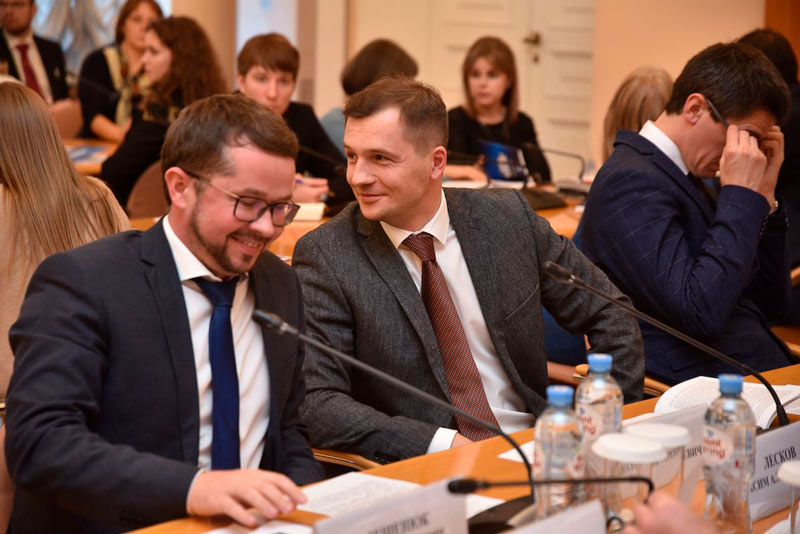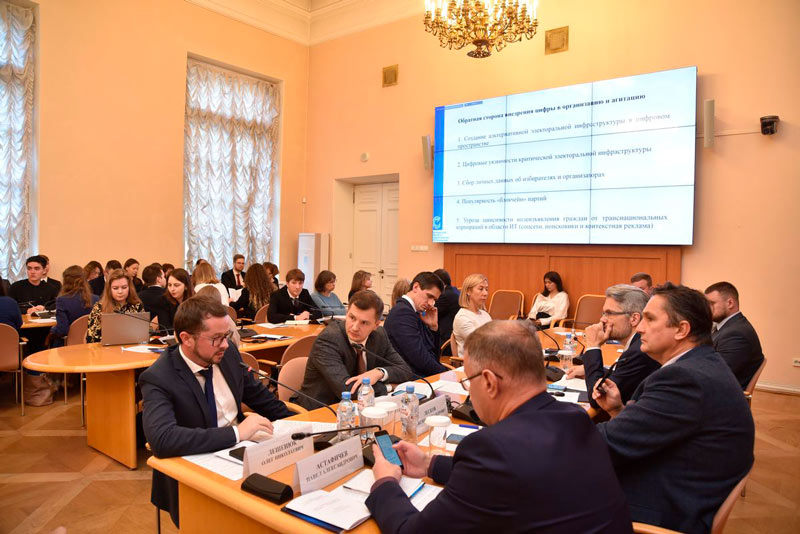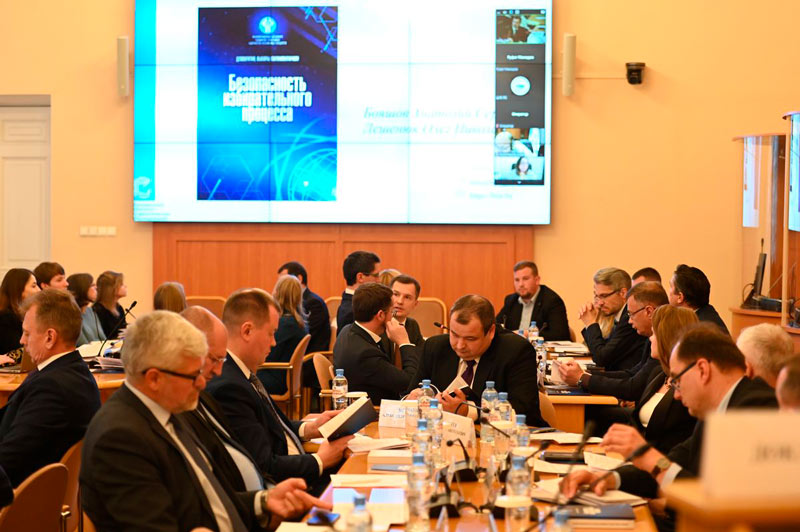At a large-scale event in St. Petersburg, representatives of central election commissions, parliaments, universities and analytical structures discuss the experience of countering foreign interference in elections and referendums.

Anatoly Boyashov, analyst at the Belarusian Institute of Strategic Research, and Oleg Leshenyuk, expert at the CIS Interparliamentary Assembly, presented a collective monograph "Security of the Electoral Process" to the seminar participants. The authors focused on the complication of the forms of electoral interference.
– The development of digital technologies opens up opportunities for studying and influencing the audience, including potential voters. Technologies reveal ideological preferences, impose certain behaviors, frameworks and stereotypes, form opinions and prepare ground for the voter to make a decision that is beneficial to the outside party. For these purposes, technologies are used: artificial intelligence and neurotechnologies, blockchain, virtual and augmented reality, the creation of digital twins," Oleg Leshenyuk said. "Democracy requires free, periodic, transparent and inclusive elections. But it should be emphasized that Internet voting will not be able to become an analogue of traditional voting primarily due to digital inequality. E-voting can only complement the general voting system as one of the convenient tools.

At the same time, as experts note, digitalization of public life allows to interfere in elections long before their organization, including at the stage of training members of election commissions, which increases the requirements for the professionalism of teachers and the quality of methodological documents.
– Today, the forms of foreign interference are becoming more complicated. In itself, this process is not new: interference under the guise of observation or public activity has happened before," Anatoly Boyashov said and gave an example: "The struggle in the information and communication space has become a new trend: aggressive contextual advertising, political filters of information in search engines or automated agitation in social networks under the guise of humorous commercials. At the same time, they are trying to impose embedding into these network forms, to replace the efficiency of work with network fame. These processes make complex provision of electoral security in demand, which safeguards free expression of will for all responsible citizens of the Republic of Belarus.


